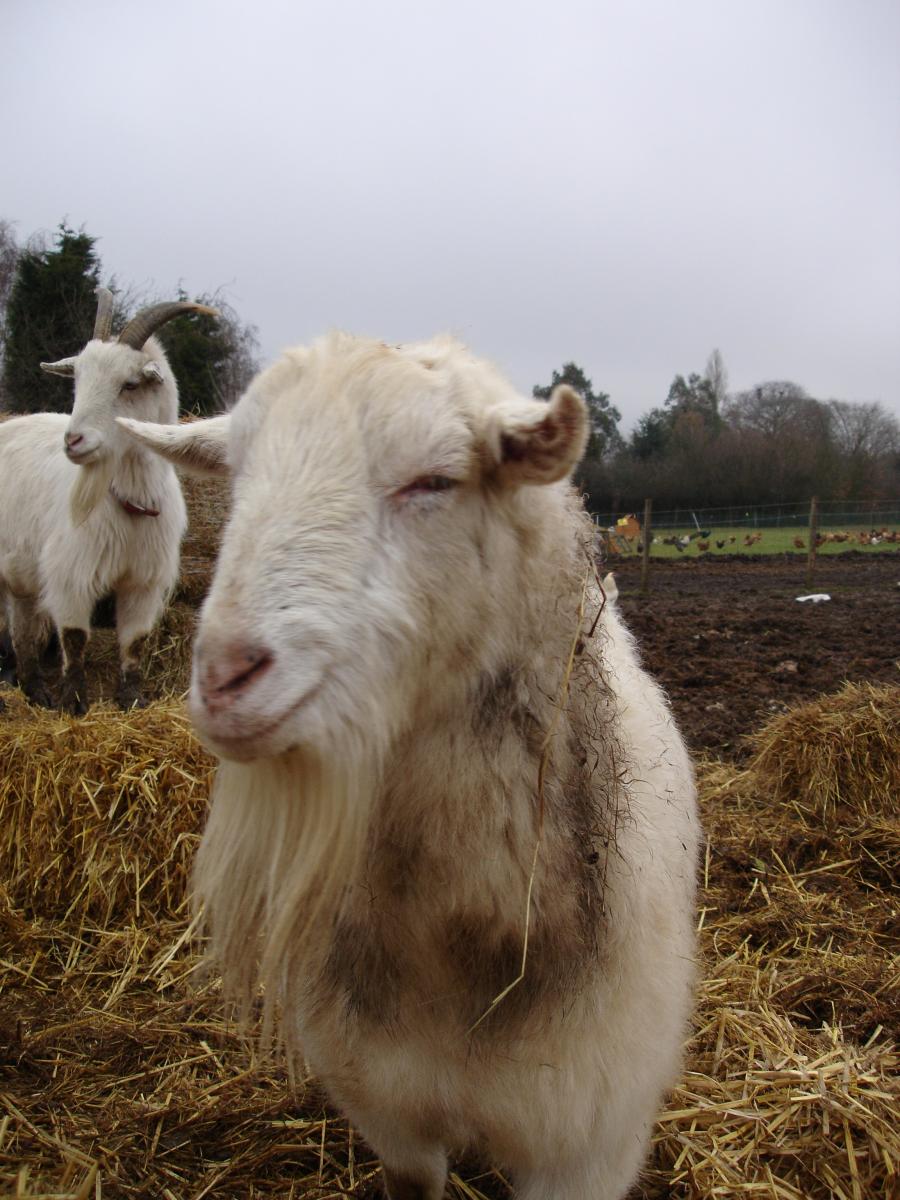Elena Orde administers a cheeky riposte to classic pro-zoo arguments and provides tips on how readers can discuss this sensitive issue with non-vegan friends and family.
Thankfully, a growing number of people across the world are starting to recognise that animal circuses and SeaWorld parks are exploitative. While we should welcome this news, there are still many places where non-human animals are used for entertainment – at the expense of their wellbeing.
One example of this is in zoos. “But everyone loves the zoo!” [I hear people cry.] Zoos, for most people, are associated with childhood glee, summer holidays and school trips. I am well aware that anyone who says otherwise risks being thought of as a Zoo-Scrooge.
Since I have become vegan, most of my friends and family now understand that this change came about through compassion for other animals. Unfortunately, this can also be rationalised into: “Elena loves animals – she would jump at the chance to go and look at some!”
A more confrontational version of myself would answer: “I also love Sara Pascoe. That doesn’t mean that I want to spend my weekend studying her through the bars of a cage, which is infinitely smaller than her natural habitat (ie: the world). Yes, this is still the case even if she has a supply of netting and toys to play with.”
But perhaps that comes across as too sassy. For those looking for less incendiary replies to counter ‘zoos are cool’ comments, keep reading.
"But the animals get plenty of space"
In most zoos, even the luckiest zoo animals only get a football-pitch-sized area to spend their days in. The reality of that starts to sink in once you realise that, in the wild, many of these non-human animals would have hundreds if not thousands of miles to explore. That football field soon starts to look pretty restrictive.
Arguments have been made that zoo animals such as elephants only travel long distances in the wild to look for food, and in zoos there is no need for them to travel this far. However, this hasn’t be conclusively proven – and, more importantly, humans still don’t have the right to take that freedom away.
Aside from concerns about size, the kind of environment which is allocated to an animal can also be inappropriate. Sometimes social animals are kept alone, and those who prefer isolation are caged with or next to other animals. Both cases lead to severe distress.
 "The animals are happy"
"The animals are happy"
OK, so it’s great that you’ve learned to communicate with every species of animal in order to check up on their mental state. I imagine that must have taken some time, as well as involving some pretty intense waggle dance lessons from a bee.
In all seriousness, this is a judgement we just cannot make. Captive animals often show signs of distress, including exhibiting ‘stereotypic’ behaviours. This can be seen in the form of making repeated movements, pacing, or harming themselves.
Animals in zoos also often die young. There are a few reasons for this, including the fact that many are bred from a small population which lacks genetic diversity. You might also remember the 2014 news story of a zoo in Copenhagen putting down Marius, a healthy giraffe, despite sanctuaries offering to take him in. Following this, statistics came out demonstrating that this is far from rare; in Europe, hundreds of healthy zoo animals are put down each year.
"Zoos fund conservation work"
Most animals in captivity actually are not classified as endangered. Zoos are commercial enterprises, and their priority lies in getting hold of animals popular with visitors, rather than those who face extinction.
Even when there are claims of important conservation work being done, such animals are almost never released back into the wild. Conservation work is valuable, and it is our duty to the non-human animals whose habitats we have destroyed. But replacing a destroyed habitat with a zoo environment is a poor way to offset the damage humankind has done. Put simply, we can do much better.
“Zoos are educational”
No one can deny that it is a good idea to educate children about other animals. However, to imply that an animal’s function is to educate is skewed. Not to mention the fact that captive animals behave differently to how they would in the wild; we stand to learn the most about animals in their natural habitats.
Most people have not yet thought about the inherent problems with zoos. It is likely that many are not aware of the facts, in the same way that many do not realise that harmful practices are a fundamental part of the dairy industry. Those of us who are clued up can spread the word, and help to show others that exploitation occurs whenever other animals are treated as commodities rather than individuals. Only then will zoos be criminal, rather than our non-human animal friends.
By Elena Orde
Would you like to blog about vegan issues? Send your pitch to web[at]vegansociety[dot]com for your chance to write for us.
The views expressed by our bloggers are not necessarily the views of The Vegan Society.


Comments
Why zoos harm animals emotionally
beginning the journey to turn vegan
Help